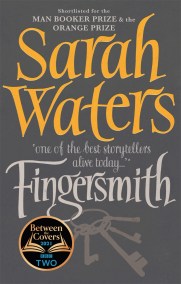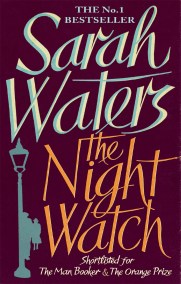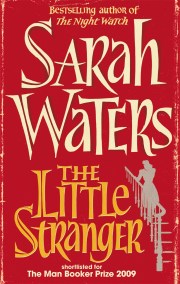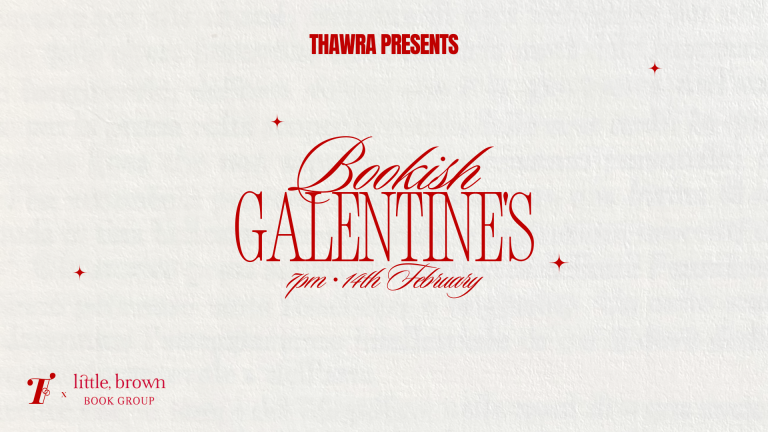Sarah Waters awarded an OBE
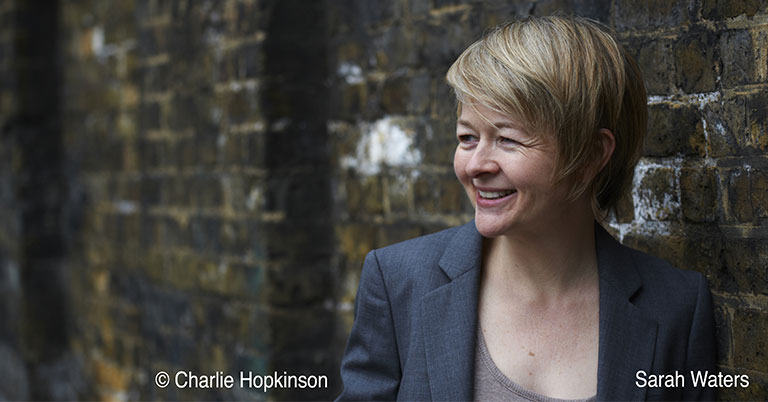
We are delighted to share the news that author Sarah Waters was made an OBE for services to literature in the Queen’s Birthday Honours.
On the honour Sarah said: ‘Writing is, by its nature, a very solitary pursuit: you spend most of your time as an author hidden away. So to receive this kind of very public honour is a huge thrill. I’m absolutely delighted, and a little bit dazed.’
In addition to this OBE, Sarah has won a Betty Trask Award, the Somerset Maugham Award and her books have been shortlisted for the Man Booker Prize and the Orange Prize. Tipping the Velvet, Affinity, Fingersmith and The Night Watch have been adapted for television. Sarah Waters has been named Author of the Year four times: by the British Book Awards, the Booksellers’ Association, Waterstone’s Booksellers and the Stonewall Awards.
Piercing the shadows of the naked stage was a single shaft of rosy limelight, and in the centre of this was a girl: the most marvellous girl - I knew it at once! - that I had ever seen.
A saucy, sensuous and multi-layered historical romance, Tipping the Velvet follows the glittering career of Nan King - oyster girl turned music-hall star turned rent boy turned East End 'tom'.
It launched the career of one of Britain's most exciting and successful writers. `One of the best storytellers alive today' - Independent. Sarah Waters has written five subsequent bestselling novels, all of which have been filmed or are currently in production and she has received critical and popular acclaim and prize shortlists. She was awarded the Stonewall Writer of the Decade in 2016.
Tipping the Velvet was adapted by Andrew Davies and filmed by Sally Head Productions for the BBC
'Affinity is the work of an intense and atmospheric imagination . . . Sarah Waters is such an interesting writer, a kind of feminist Dickens' Fiona Pitt-Kethley, Daily Telegraph
Set in and around the women's prison at Milbank in the 1870s, Affinity is an eerie and utterly compelling ghost story, a complex and intriguing literary mystery and a poignant love story with an unexpected twist in the tale. Following the death of her father, Margaret Prior has decided to pursue some 'good work' with the lady criminals of one of London's most notorious gaols. Surrounded by prisoners, murderers and common thieves, Margaret feels herself drawn to one of the prisons more unlikely inmates - the imprisoned spiritualist - Selina Dawes. Sympathetic to the plight of this innocent-seeming girl, Margaret sees herself dispensing guidance and perhaps friendship on her visits, little expecting to find herself dabbling in a twilight world of seances, shadows, unruly spirits and unseemly passions.
SHORTLISTED FOR THE WOMEN'S PRIZE
This novel from the internationally bestselling author of The Little Stranger, is a brilliant 'page-turning melodrama and a fascinating portrait of London of the verge of great change' (Guardian)
It is 1922, and London is tense. Ex-servicemen are disillusioned, the out-of-work and the hungry are demanding change. And in South London, in a genteel Camberwell villa, a large silent house now bereft of brothers, husband and even servants, life is about to be transformed, as impoverished widow Mrs Wray and her spinster daughter, Frances, are obliged to take in lodgers.
For with the arrival of Lilian and Leonard Barber, a modern young couple of the 'clerk class', the routines of the house will be shaken up in unexpected ways. And as passions mount and frustration gathers, no one can foresee just how far-reaching, and how devastating, the disturbances will be.
This is vintage Sarah Waters: beautifully described with excruciating tension, real tenderness, believable characters, and surprises. It is above all a wonderful, compelling story.
'You will be hooked within a page . . . At her greatest, Waters transcends genre: the delusions in Affinity (1999), the vulnerability in Fingersmith (2002), the undercurrents of social injustice and the unexplained that underlie all her work, take her, in my view, well beyond the capabilities of her more seriously regarded Booker-winning peers. But The Paying Guests is the apotheosis of her talent; at least for now. I have tried and failed to find a single negative thing to say about it. Her next will probably be even better. Until then, read it, Flaubert, Zola, and weep' -Charlotte Mendelson, Financial Times



